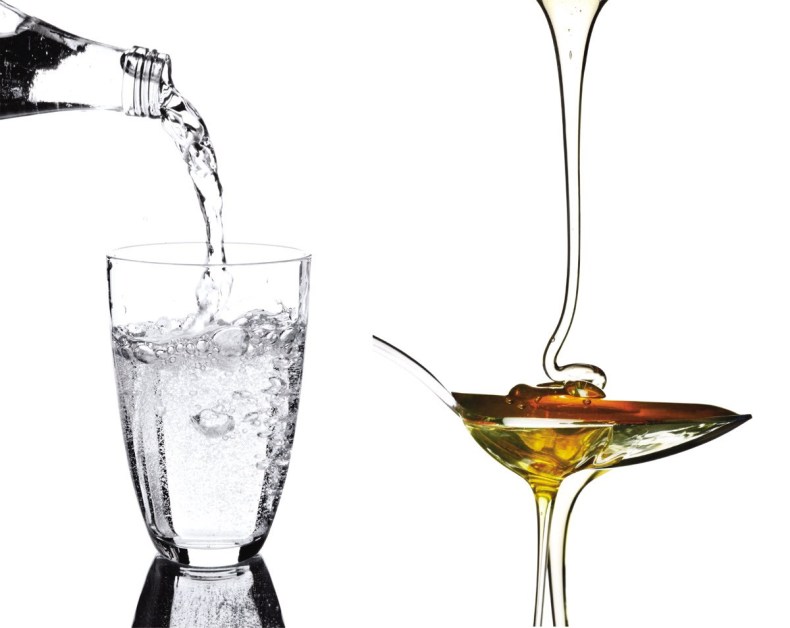The Dynamics of Engine Oil Oxidation John Baker | Aug 7, 2024 10:59 AM You guessed it, the key ingredient to engine oxidation is oxygen. Oxygen comprises about 20 percent of our atmosphere. It’s the third most common element in the universe. Without it we’d all be doomed. And yet too much of it can […]
You are browsing archives for
Tag: oxidation
Why Do I Need To Change My Oil?
What Happens to oil Making Me Needing to Change It? Dan McClelland|Jan 07, 2020 8:36 AM Regardless of its quality, every motor oil eventually loses its potency and must be changed to ensure peak engine protection. Let’s take a look at what happens to motor oil over time and why you periodically need to change […]
A closer Look At Engine Sludge
Preventing Causes of Engine Oil SLUDGE Brands matter, quality matters and frequent oil changes will not alter this. It’s all based on the additive quality and it does effect the price. Engine sludge occurs when oxidized oil and contaminants build up on engine surfaces. It can restrict the flow of oil to the point of […]
Five reasons to use motorcycle oil in yo...
You can use Car Motor Oils in your Bike if you Add Two More Wheels. You wouldn’t want to buy a used bike if motorcycle oil wasn’t used. Impressive performance happens when you are using the right oil in the right application. Len Groom | TECHNICAL PRODUCT MANAGER, POWERSPORTS The results of a study from […]



